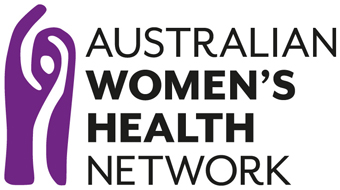Publisher: UN General Assembly, 1979
Status – CURRENT
The Convention provides the basis for realizing equality between women and men through ensuring women’s equal access to, and equal opportunities in, political and public life — including the right to vote and to stand for election — as well as education, health and employment. States parties agree to take all appropriate measures, including legislation and temporary special measures, so that women can enjoy all their human rights and fundamental freedoms. The Convention is the only human rights treaty which affirms the reproductive rights of women and targets culture and tradition as influential forces shaping gender roles and family relations. It affirms women’s rights to acquire, change or retain their nationality and the nationality of their children. States parties also agree to take appropriate measures against all forms of traffic in women and exploitation of women. Countries that have ratified or acceded to the Convention are legally bound to put its provisions into practice. They are also committed to submit national reports, at least every four years, on measures they have taken to comply with their treaty obligations.

